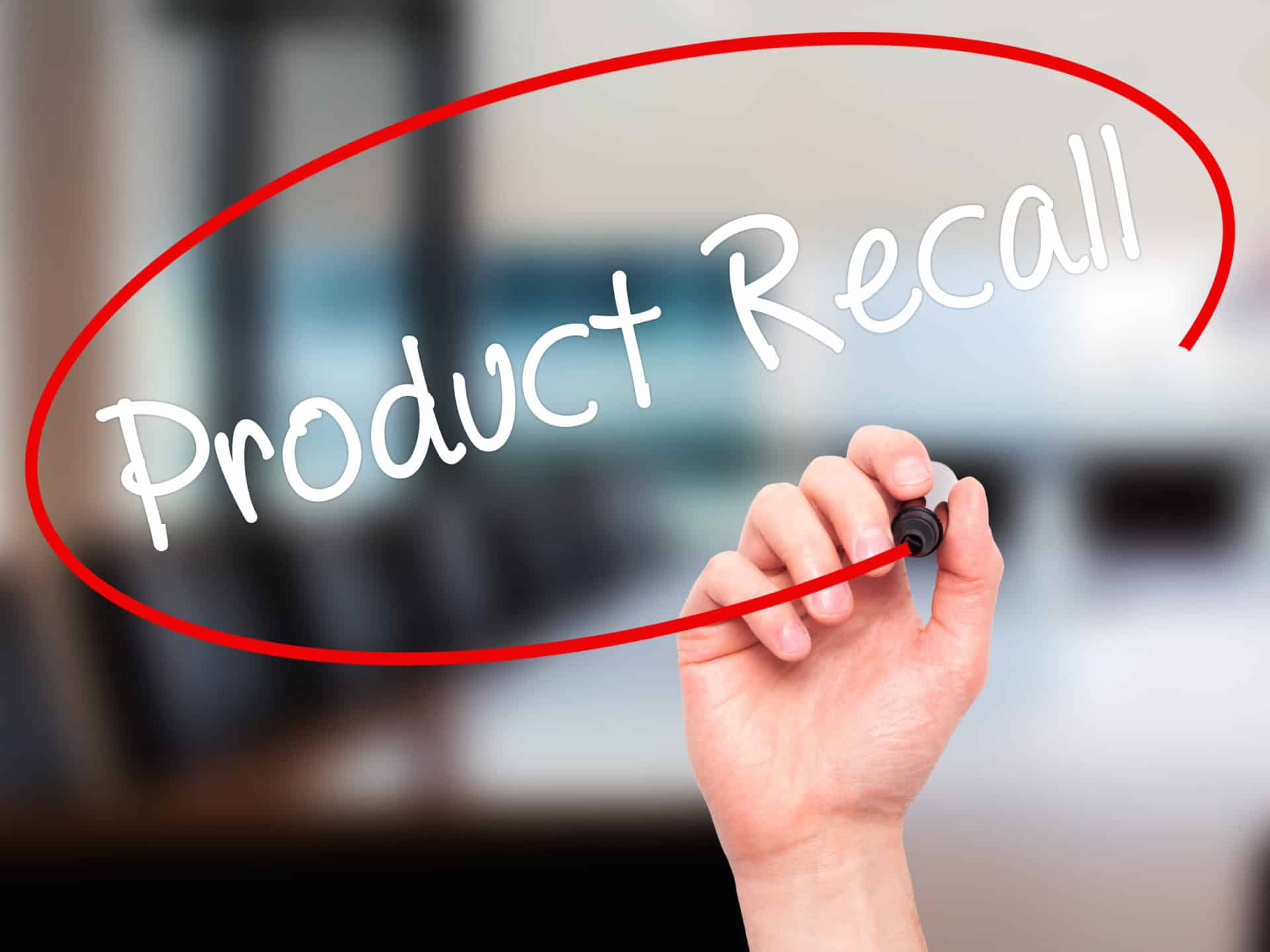Free Consultation
Free Consultation

Nothing in the world is perfect, including products made for consumers. From time to time, things occur in the design or manufacturing process of a product that makes it unsafe for consumers. In those circumstances, products are recalled.
A good example of a large product recall occurred with a large, well-known drink company in December 2021. They had to recall products from eight states, including New York, because the juice they had distributed in those states may have had foreign objects in it, such as metal washers and bolts. Obviously, drinking these products could lead to serious injury and even death.
People buy products trusting that they can use them as advertised. But when it’s defective, it can hurt you. If you are injured by a product that has been recalled, what can you do? Read on to find out more.
Product liability is a broad legal term. It typically covers three types of actions, which are:
This type of product liability is related to a faulty design of a product. If you are using it as intended and are injured by it, then the design company is liable for the product. You must be able to show that any injury was the direct result of the product defect, bolstered by demonstrating how the product could have been designed in a more practical way to ensure safety.
This occurs when the company that manufactures the products fails to comply with the specifications of the design or fails to follow federal safety standards in the manufacturing process. New safety regulations that come out are not applied retroactively. Thus, a product that is manufactured prior to updated safety standards may release the manufacturer from liability if you are injured in the present.
This is often what comes into play in product recall cases. Companies have a duty to warn consumers if they are aware of dangers or possible risks associated with consuming or using the product. A warning must be included on the product to let consumers know of this issue, or a product recall notice must be sent out and made public to educate people about potential harm.
If the manufacturer is aware of any inherent dangers of a product, they have a legal duty to provide the information they have to consumers in a place that is easy to access and obvious, such as their website or through mailings.
If the manufacturer realizes that a product is dangerous, then they’ll issue a recall. This often involves mailing a notice to consumers, putting ads on television or in the news, and updating their websites and social media pages.
It’s vital to understand that simply issuing a recall and sending out recall notices doesn’t free a company from being held liable for injuries you may sustain by using their product. You do have a duty to mitigate damages once you are made aware of the recall, such as taking your car in to get fixed or throwing the food item away.
However, many people never are made aware of product recalls. In those cases, you may be able to sue the company responsible for your injuries. But if you know of the recall and ignore it, then it is much harder to make a product liability case on your behalf.